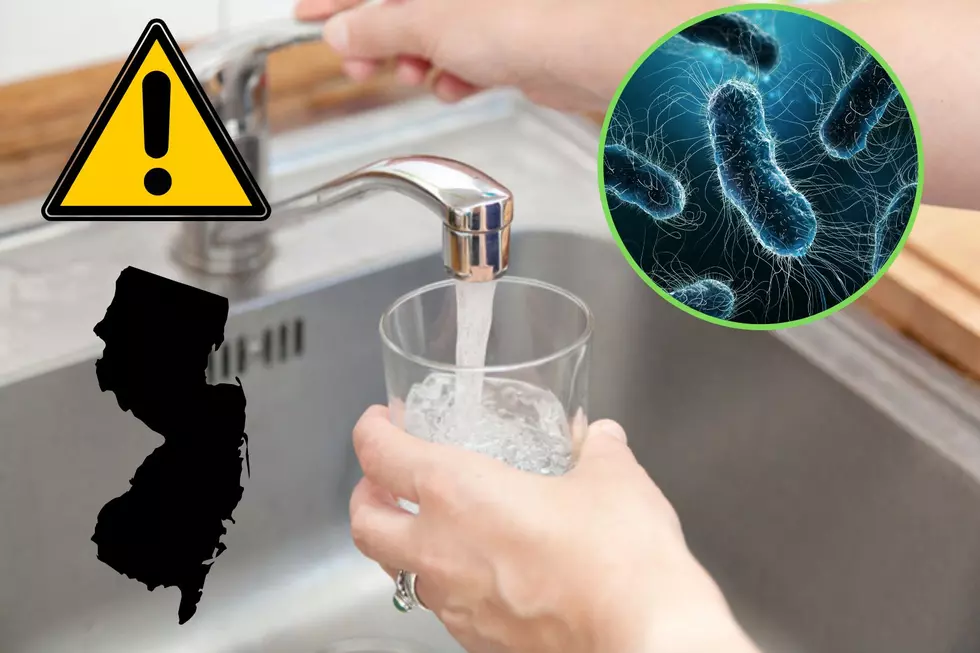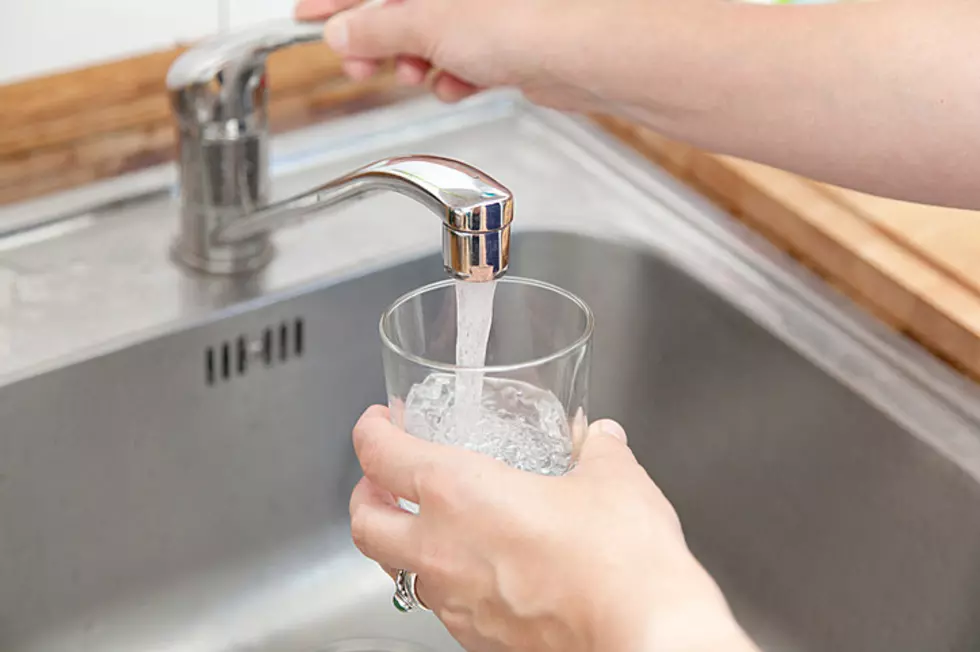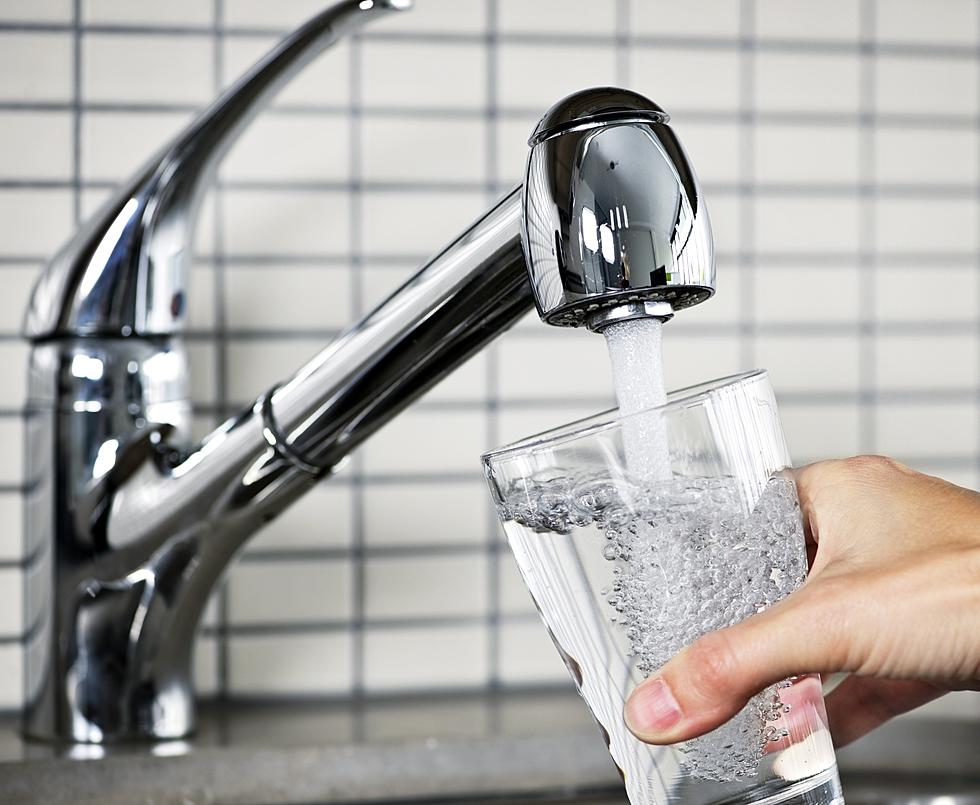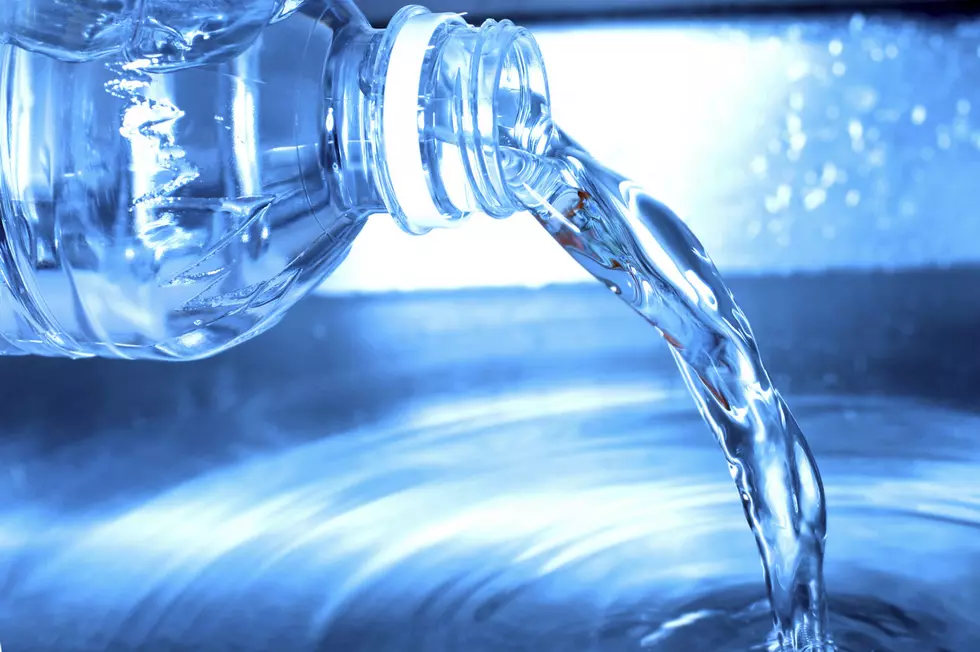
Hey Central NJ! Starting to Feel Sick? Your Water Supply May Be The Reason
Hey Central Jersey! If you're starting to feel sick, your water might be the reason.
The New Jersey Department of Health has just discovered a disease-causing bacteria in water supplies found in Central Jersey homes, according to NJ.com.

The bacteria is called "legionella", which causes Legionnaire's disease, and was found in over half of 30 homes sampled last month. These homes in Trenton, Ewing, Lawrence and Hopewell Township all have something in common: Their water is supplied by Trenton Water Works.
NJ.com reports that it was first detected in Hamilton Township in 2021, and has even been identified as the cause of death for one individual.
What is Legionnaire's disease?
According to Mayo Clinic, Legionnaire's disease is a severe form of pneumonia, contracted by inhaling water or soil containing the legionella bacteria. Older adults and people with weakened immune systems are typically more susceptible to the illness. If your lungs have been exposed to the bacteria via microscopic water droplets, you can develop Legionnaire's disease. This can occur from showers, faucets, or ventilation systems in large buildings.
What are the symptoms of legionnaire's disease?
Symptoms will usually appear 2-10 days after consuming the bacteria and including:
- Headache
- Muscle aches
- Fever that may be 104 F (40 C) or higher
- Cough, which might bring up mucus and sometimes blood
- Shortness of breath
- Chest pain
- Gastrointestinal symptoms, such as nausea, vomiting and diarrhea
- Confusion or other mental changes
How can I avoid getting Legionnaire's disease?
If Trenton Water Works is your water supplier, the good news is an administrative order has been issued to improve the maintenance, operations, and quality of control of the facilities.
In the meantime, you should remember that the name of the game is to not let the water get into your lungs. In order to do that, avoid high-risk activities like getting into pools or hot tubs, power washing, OR going near water fountains. Officials also advise residents to clean or replace shower heads and faucets when if you suspect there's any icky buildup, and to make sure your water heater settings are at at least 120 degrees.
If you know anyone else who might be at risk, be sure to share and spread the word! Hopefully this information is the only thing that spreads!
Hole in the wall restaurant with a view
Reasons why Visiting NJ in the Fall May Not Be For You
More From 94.5 PST









